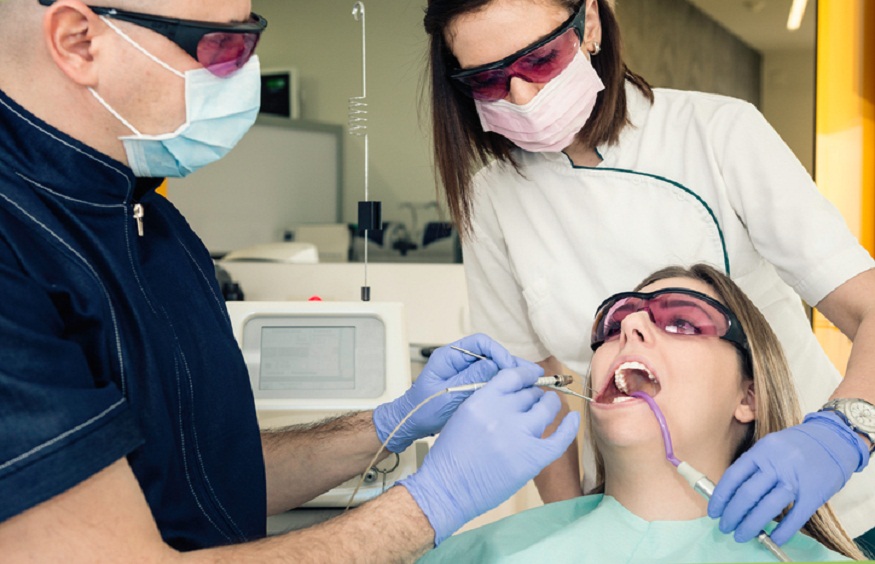Surgery is often required when treating gum disease and is commonly used as part of periodontal treatment in King of Prussia, PA; thus, it is crucial to follow proper care procedures on your gums to reduce the chances of developing complications. In most cases, your surgeon, that is the dentist or periodontist, will advise on the aftercare for your particular surgery, but it will be helpful to learn general guidelines.
The early days after the surgery may lead to a feeling of soreness or possibly some puffiness—this is standard. Measures will have to be taken to ensure that these symptoms are dealt with and measures to safeguard the area where a surgery has been conducted will also have to be taken so that your gums may heal.
In what ways can you deal with inconvenience and inflammation?
Reducing discomfort for patients after periodontal surgery might require taking appropriate analgesia that can either be purchased from the stores or from the doctor. It is also important to follow the dentist’s prescription with regard to the management of pain.
Inflammation can also be soothed by applying a cold packet on the skin of the cheek, slightly touching the surgery site. This should be accomplished every 15 to 20 minutes during the first 24 to 48 hours following surgery. : Further, to address any inflammation, sleeping with the head raised also helps.
What hygiene practices should you practice daily?
After surgery, it is crucial to practice a light touch of brushing and flossing to minimize the risk of infection while still cleaning the teeth effectively. Do not brush or floss over the surgical site for the first few days or as instructed by your periodontist. However, for other parts of the mouth, you can use a soft-bristled toothbrush to brush.
If advised, rinsing the area with an antimicrobial mouthwash is useful in keeping the area clean. As for the second piece of advice, be careful not to rinse it too vigorously because this might negatively influence the process of tissue healing. Your dentist may also recommend that you have to use a saline solution to rinse your mouth after taking a meal, to ensure that your mouth remains clean and free from food debris.
How does diet affect the process of healing?
After the periodontal surgery, it is very important to know what foods can and cannot be consumed or are recommended to be eaten. It is recommended to have only liquid and soft foods during the first few days where chewing is not advisable. Do not eat foods that are hot, spicy, or hard in texture in order to prevent irritation to the surgical area.
Balancing is also important in the recovery process but cups should not be taken using straws because the pressure created may hamper the healing of gum tissues. Therefore, after noticing that your gums are healing you should gradually bring in the normal types of foods and should follow your dentist’s advice on dieting during the healing period.
Conclusion
Maintaining gums after periodontal surgery involves taking extra care of the cleanliness of the mouth, the kind of foods to be taken, and pain management. As your dentist advises you after the procedure and attending the follow-up appointments, good oral health can be maintained in gums.
All these procedures that are followed during the recovery process whether debridement or just feeding the patient, all help in the successful healing and improved gum health. These measures help to make sure your gums gain adequate strength to heal as well as be healthy after surgery.
